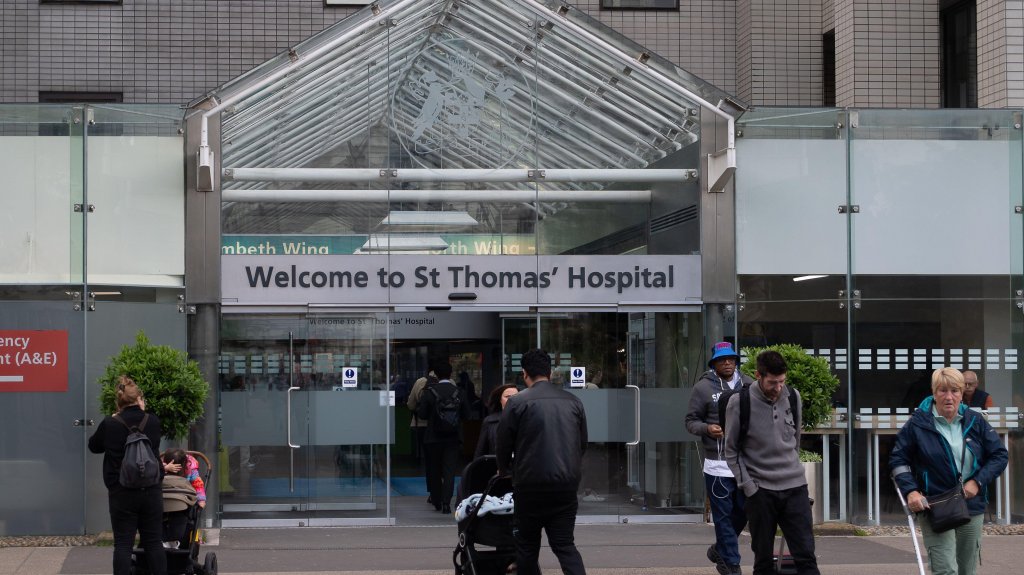Poor trial results dash AstraZeneca’s hopes for $1bn cancer drug
A cancer drug acquired by AstraZeneca for up to $1 billion has suffered disappointing late-stage trial results, in another clinical setback.
The FTSE 100 company said phase III results for datopotamab deruxtecan, known as Dato-DXd, for a type of advanced breast cancer did not significantly improve overall survival for patients.
AstraZeneca, which is based in Cambridge, said the trial did not achieve “statistical significance” compared with chemotherapy.
There were similarly disappointing results for the drug in a late-stage lung cancer study earlier this month, which had weakened the company’s share price. The shares fell another 196p, or 1.7 per cent, to close at £115.84 as investors further cut their financial forecasts for the drug.
Dato-DXd is being developed jointly with Daiichi Sankyo, of Japan, after AstraZeneca acquired the drug for an upfront $1 billion four years ago.
It is among the most important drugs in AstraZeneca’s pipeline as it seeks to continue the successful launch of a series of new treatments, particularly in oncology, that have transformed it into the most valuable company on the London Stock Exchange.
Despite the disappointing headline results, Susan Galbraith, executive vice president of oncology research and development at AstraZeneca, said “there is evidence of the clinical value of datopotamab deruxtecan in this setting” and the company would “continue discussions with regulatory authorities”.
Analysts at Shore Capital said they expected a decision from America’s Food and Drug Administration on approval in the first half of next year but “in the absence of a clear overall survival benefit we believe that approval now looks less likely” for this type of breast cancer.
Analysts at Barclays added, though, that the potential commercial opportunity of this study is “minor” due to the availability of Enhertu, a new AstraZeneca cancer drug, in the same setting.
“We believe the vast majority of more than $5 billion drug target peak sales is coming from non-small cell lung cancer as a first line treatment.”
The disappointing update was cushioned by more positive pipeline progress from AstraZeneca elsewhere, including its rare diseases business and on Friday the approval of FluMist, a needle-free nasal spray, as the first self-administered influenza vaccine in the US.




Publicar comentario